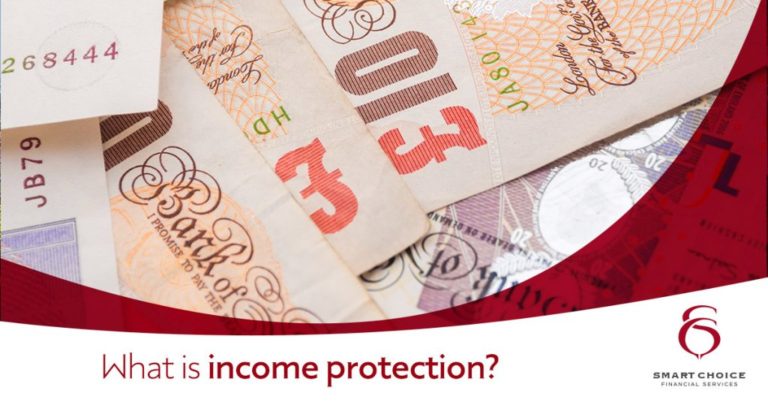The new financial year, which starts on 6 April 2018, will bring a considerable number of changes for employees, self-employed and other taxpayers in the United Kingdom. The good news is that most of the changes are beneficial to those paying taxes in Britain, which means they will be able to save more than in previous years. How much more? You will find below.
Pay rise
The first and foremost is the change in the national living wage in the United Kingdom. Since 6 April, the hourly rate of workers over 25 years old will increase from £7.50 to £7.83, which means that those who earn the basic pay will get almost 5% more. The increase also applies to the employees aged 18-20, who will obtain about 30p more per hour, as well as workers aged 21-25, who will receive a rise from £ 7.05 to £ 7.38. Minimum hourly rate for apprentices under 19 will increase by 20p, whereas the workers under 18 will get 15p more per every hour of work. The economists predict that as a result of the new regulations, around two milion employees will get a pay rise.
Lower income tax
Another good news for taxpayers are the changes in the income tax. The Personal Allowance has been increased from £ 11,500 to £ 11,850. Anyone, whose earnings are below this threshold, will not have to pay income tax at all. If, however, your wages fall within the range over £ 11,850 to £ 46,350 (change from £ 45,000) – you will have to pay 20% of income tax. The amounts of tax payable by those with higher earnings have not changed from last tax year.
Pensioners
There are also some good news for pensioners. The pensions of the retired will rise by £ 3,65 a week.
Tax on account of dividends
However, a change in the tax regulations concerning dividends that has been introduced will definitely not delight the shareholders. Until April 6, the dividend up to the amount of £ 5,000 was exempt from tax. Unformtunetaly, this number has been reduced to £ 2,000. 7.5% tax has to be paid on account of dividends up to the amount of total income £ 46,350, whereas 32,5% if the amount of total income is over £ 46,350 and does not exceed £ 150,000. Over £ 150,000, the rate of tax on account of dividends is 38,1%.
Self-employed
The self-employed were exempt from the payment of National Insurance if their earnings had not exceeded £ 6,025. From April 6, the amount went up to £ 6,205. Those self-employed, who earned over £ 8,164 in 2017/2018 additionally had to pay National Insurance Class 2. From 6 April 2018, the amount of earnings over £ 8,424 will cause that the self-employed person will be obliged to pay Class 2 NIC, the weekly amount of which rose from £ 2,85 to £ 2,95
Capital gains
The financial year 2018/2019 has also brought changes regarding capital gains. The capital gain in the amount up to £ 11,700 are exempt from tax, in comparison with the amount £ 11,300 applicable in the previous financial year.
Above we have presented the most significant changes that come into force in the new financial year. Remember that you have to follow new tax regulations from 6 April 2018.
Above we have presented the most significant changes that come into force in the new financial year. Remember that you have to follow new tax regulations from 6 April 2018. You can also decide to outsource the accounting services and ask us to handle all matters related to bookkeeping. Our accountant will help you deal with all settlements with tax institutions. Call us at: 07970837502 (Wioletta), 07973354590 (Małgorzata).





